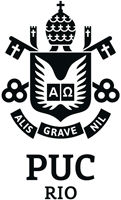Electoral accountability and corruption: Evidence from the audits of local government
American Economic Review
V 101, P 1274-1311, 01/09/2011We show that political institutions affect corruption levels. We use audit reports in Brazil to construct new measures of political corruption in local governments and test whether electoral accountability affects the corruption practices of incumbent politicians. We find significantly less corruption in municipalities where mayors can get reelected. Mayors with reelection incentives misappropriate 27 percent fewer resources than mayors without reelection incentives. These effects are more pronounced among municipalities with less access to information and where the likelihood of judicial punishment is lower. Overall our findings suggest that electoral rules that enhance political accountability play a crucial role in constraining politician's corrupt behavior
Frederico Finan, Claudio Ferraz.

